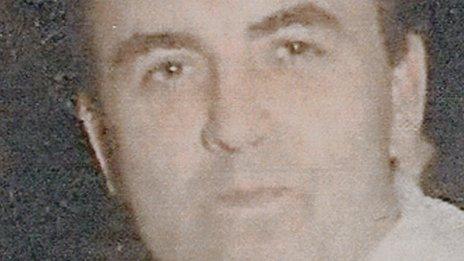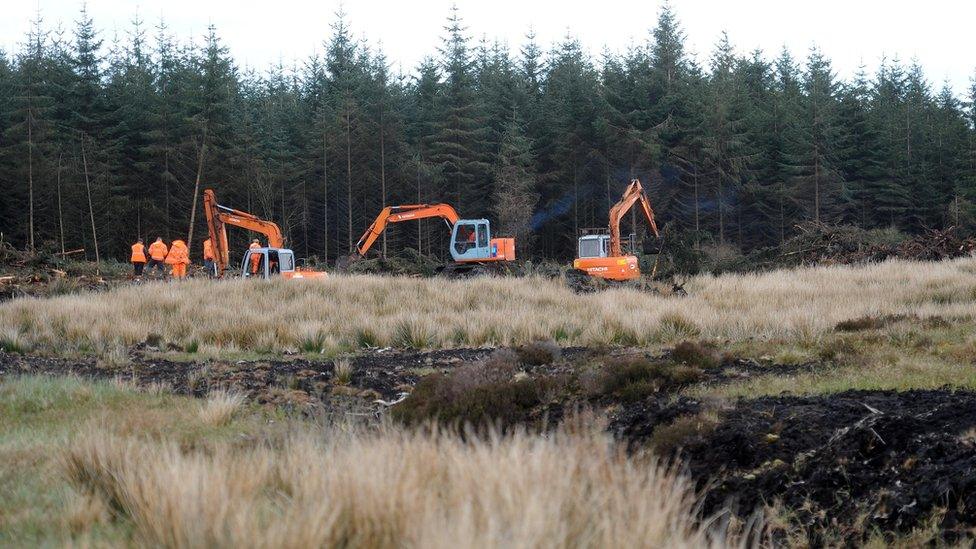The Disappeared: Archaeologist John McIlwaine dies
- Published
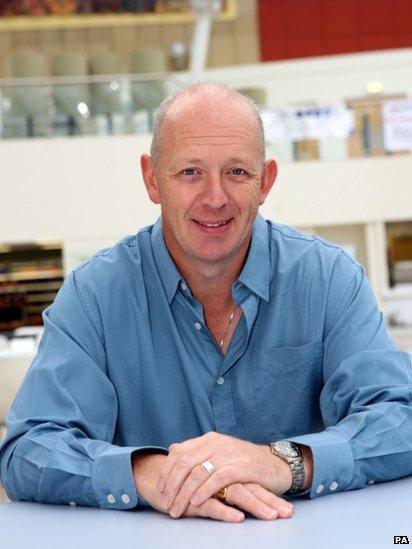
Mr McIlwaine had previously described it as a "privilege" to lead searches for the Disappeared
Tributes have been paid to a forensic archaeologist who led the searches for the Disappeared - people murdered and secretly buried by republicans during the Troubles in Northern Ireland.
John McIlwaine, grew up in Portadown, County Armagh, but worked at the University of Bradford.
He died at the age of 49 on Tuesday night.
He was in charge of the team that recovered the remains of Danny McIlhone, external in 2008 and Charlie Armstrong in 2010.
Mr Armstrong's daughter Anna McShane recognised his dedication.
"I remember him as an awfully nice man who was so good to our family. He worked tirelessly in the most dreadful conditions to find my father," she said.
"May he rest in peace."
'Huge contribution'
Mr McIlwaine had previously described it as a "privilege" to lead searches for the Disappeared and said their success had far outstripped predictions at the start of the process.
Geoff Knupfer, the chief forensic scientist and investigator with the Independent Commission for the Location of Victims' Remains (ICLVR), said: "John began work with the ICLVR in 2006 and with his great knowledge and experience made a huge contribution to our work.
"Searching for the Disappeared in bleak and inhospitable places requires a special kind of dedication and commitment as well as great skill and that is what John had in abundance."
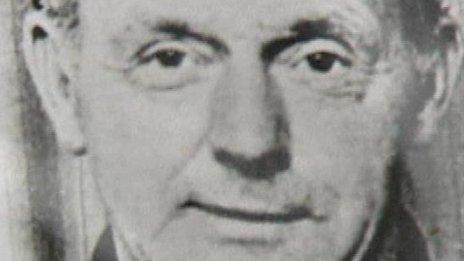
Charlie Armstrong's daughter paid tribute to Mr McIlwaine and said he had worked tirelessly to find her father
Seventeen people - 16 men and a woman - were abducted and murdered by republicans between 1972 and 2003.
The ICLVR was established in 1999 to obtain information in strictest confidence that may lead to the location of the remains of the Disappeared.
The bodies of 10 people have been recovered.

'Shock and sorrow'
Sandra Peake, from the Wave Trauma Centre, which has supported the families of the Disappeared since 1995, said: "John had a way of humanising the science which helped families understand more clearly what was being done to find their loved ones.
"There was a bond between John and the families and that is reflected today in the number of them who have contacted Wave to express their shock and sorrow."
A spokesman for the University of Bradford said staff and students had been left shocked by the tragedy.
"John was an incredibly motivated, loyal and reliable individual," he said.
"He inspired and supported hundreds of students in archaeological sciences, he supported the local community in West Yorkshire in so many ways and he achieved a life's ambition in helping to ameliorate the pain and suffering of families of the Disappeared.
"This is a very sad time for staff and students at the University of Bradford, both present and past."
- Published2 May 2014
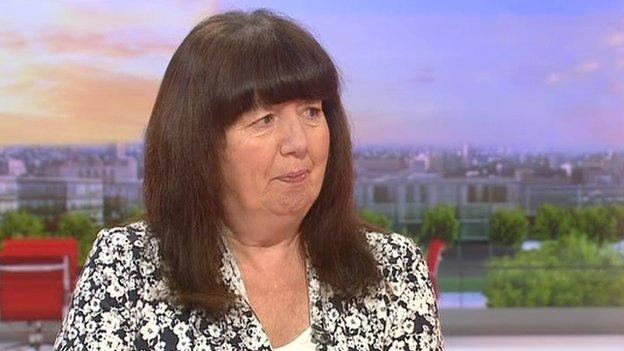
- Published21 September 2013
